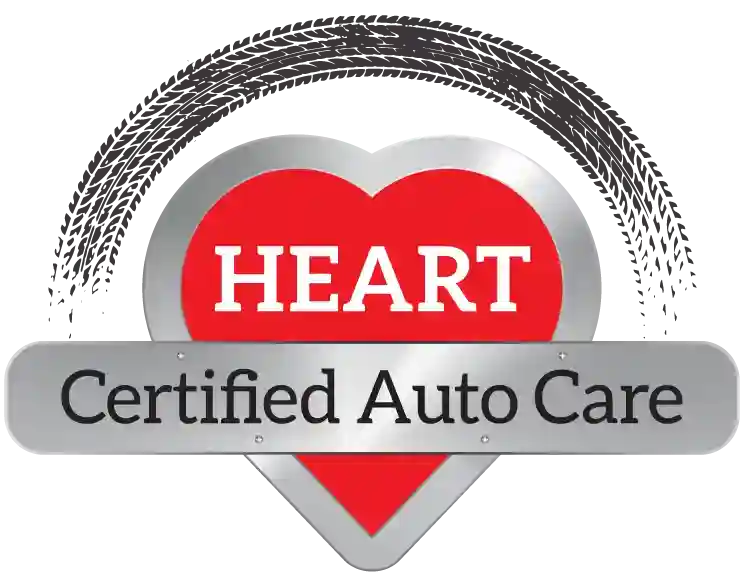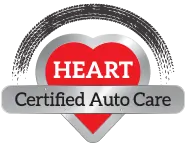Oil leaks can be a major problem for vehicle owners. If left unchecked, oil leaks can cause serious engine damage and reduce the lifespan of your vehicle. Fortunately, there are some effective steps you can take to prevent oil leaks from occurring in your vehicle.
Identify the Source of the Leak
The first step in preventing oil leaks is to identify the source of the leak. This can be done by inspecting the engine, checking the seals and gaskets, and looking for any signs of oil pooling around the engine. If the source of the leak is not obvious, it may be necessary to bring your vehicle to a qualified mechanicin Northbrook for a more thorough inspection.
Choose the Right Type of Oil
Choosing the right type of oil may seem be a confusing task, but it is an important one. The wrong oil can cause severe damage to your engine and will void your vehicle’s warranty. Here are some useful tips to help you choose the best type of oil for your vehicle.
- The first thing to do is to find out what type of oil is appropriate for your vehicle. You can find this information in your vehicle’s owner’s manual, or you can check with your vehicle’s manufacturer. Your vehicle manufacturer will provide you with a list of approved oils for your vehicle. It is important to use one of those approved oils.
- Once you know what type of oil is best for your vehicle, you can start looking at the different types of oil available. The most common types are conventional oil, synthetic oil, and high-mileage oil. Conventional oil is the least expensive and is typically used for most vehicles. Synthetic oil is more expensive but offers better protection and performance than conventional oil. High-mileage oil is formulated for vehicles with more than 75,000 miles and helps reduce oil consumption and protect engines from wear and tear.
- When choosing an oil, it is important to consider the viscosity of the oil. Viscosity is a measure of how thick or thin the oil is. Different types of vehicles may require different viscosities. For example, a diesel engine will require thicker oil than a gasoline engine. It is also important to consider the climate where you live. If you live in a colder climate, you may need a thicker oil to ensure optimal performance.
- Finally, it is important to consider the cost of the oil. Prices can range from less than $10 to over $30 for a single oil change. Be sure to ask around and compare prices to make sure you are getting the best deal.
Selecting the correct type of oil for your vehicle is an important decision. Doing your research and following the tips above will help ensure you choose the right oil for your vehicle and avoid costly repairs.
Take Preventive Measures
The best way to prevent oil leaks is to take preventive measures. This includes regularly checking the seals and gaskets for any signs of wear and tear, as well as making sure the engine is properly lubricated. It is also a good idea to replace any worn or damaged parts as soon as possible.
Perform Regular Maintenance
Regular maintenance is essential for keeping your vehicle running smoothly and avoiding oil leaks. This includes changing the oil and oil filter at the recommended intervals, as well as replacing any worn components.
Call a Qualified Mechanic
If you are unable to locate the source of the oil leak or the necessary repairs are beyond your abilities, it is best to call a qualified mechanic in Northbrook. A professional mechanic can diagnose the issue and recommend the necessary repairs.
HEART Auto Care – Oil Leak Repair in Northbrook
If you are looking for a qualified mechanic to repair an oil leak in your vehicle, look no further than HEART Auto Care. Our team of experienced mechanics has the knowledge and expertise to identify and repair oil leaks quickly and efficiently. We use only the highest quality components so we can make sure your vehicle is running at its best. Contact us today for more information about our oil leak repair services.





